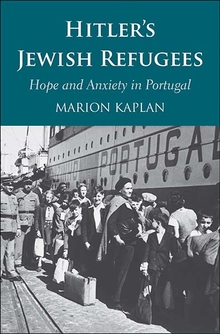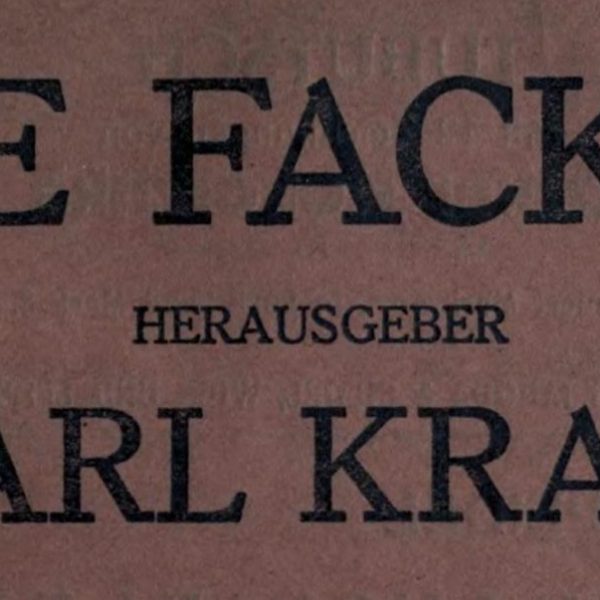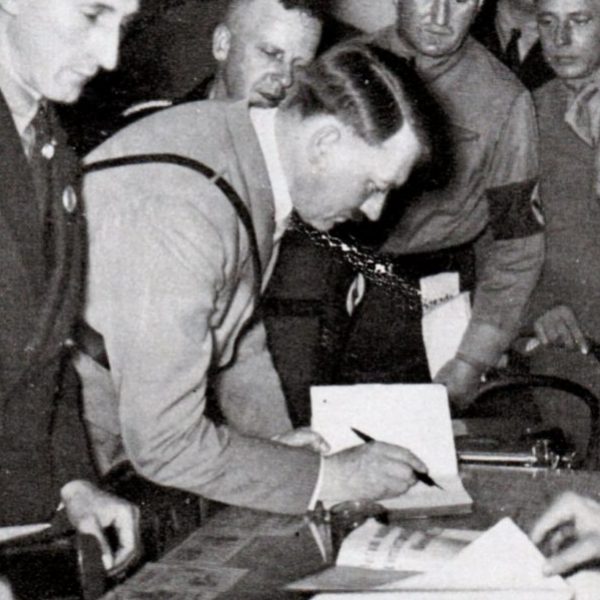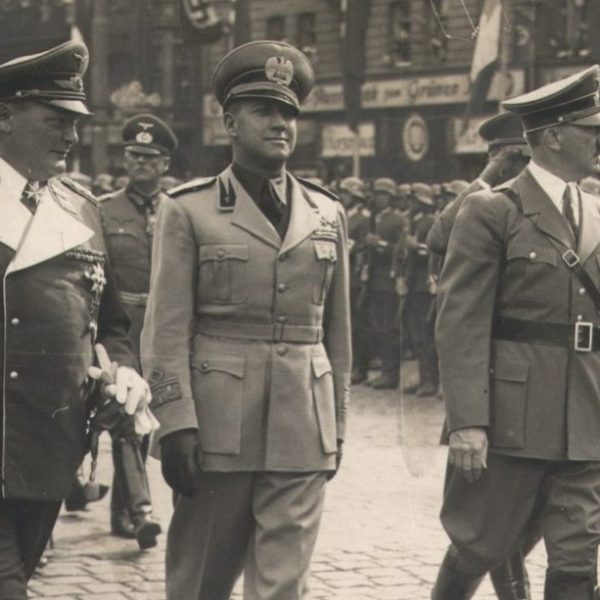Refugees in World War II and Today
Marion Kaplan—
As I sit here, the week between Christmas and New Year’s Eve 2019, reading the news on various websites, I am drawn to the plight of refugee children at our southern border and those already in the U.S. In Mexico about 200 young children sleep in tents near the U.S. border in Ciudad Juarez as temperatures drop below freezing. And in the U.S., thousands of migrant toddlers through teens will remain in detention centers—sometimes in cages—across the country. The heartbreaking stories of people fleeing dangerous governments and gangs today are both similar to and different from those of the Jewish refugees fleeing Hitler’s Europe in the 1930s and ’40s.
About 50,000 to 80,000 “lucky” Jews made it to Portugal having lost their homes, left family and friends behind, and arrived with a suitcase or with nothing. They waited in limbo in Lisbon, often without the necessary documents to continue their odysseys to places they did not know and to languages they did not speak. They had fled increasing Nazi persecution as World War II progressed. Children, in particular, could no longer roam their neighborhoods or attend public schools, lost friends, and saw parents, especially fathers, facing dismissals, business decline, arrest, and torment.
Refugees in Portugal in the 1940s made up only a small part of a vast flood of humanity that fled political and economic disasters since early in the twentieth century. But the physical and emotional reactions of Jewish refugees reflect some of the feelings that many refugees may share, no matter how widely divergent their original circumstances. The testimonies of today’s refugees closely echo the observations and feelings of Jewish refugees on the run in the 1940s. For example, in 2016 an Eritrean woman explained, “I’ll wait here now to see if they will give me status. . . . I want very much to be legal. To have documents.” This desire echoes the plight of innumerable refugees in Portugal.
Despite vast contrasts in time, place, religion, and ethnicity, refugee groups share similarities, especially their feelings about being forced to flee homes and loved ones while waiting for the world to react. Paying careful attention to the words of refugees in Portugal may help us understand Jewish heartbreak and perseverance in the 1940s and also listen compassionately to refugees’ stories in our own time.
In Portugal, most Jewish children stayed with their families, rarely separated from them except for a few hundred whom parents sent ahead to foster families in safer havens. Unlike today, when many children have been ripped from their parents’ arms in the U.S., those children who left Portugal found welcomes and eventual reunions despite the homesickness of many. Yet, even children who stayed with their parents suffered intense anxiety, absorbing the desperation of parents with nowhere to flee and fearing Portuguese police who threatened them with jail if they did not move on. And children today and in the 1940s often endured dangerous treks, whether from Central America now, or over the Pyrenee Mountains then, in excruciating heat or freezing weather with very little to eat and with Hitler’s troops at their heels at the French-Spanish border.
Children, when not torn from their parents, were generally more adventurous and more optimistic than their elders, who understood the danger they faced and the losses they had incurred. Yet, that is only part of the story. As with children at today’s borders, many youngsters faced assorted psychological traumas such as PTSD. In 1942, eleven-year-old Annette Finger spent three months crossing Spain by foot with her two parents. Fifty years later, she evoked the feelings of “having to walk at night in fear.” One night as they tried to sleep in yet another barn, warmed by the breath of cows, she remembered how tired she was of running—“no home, no food, no clothes, no safety.” She thought of normal life going on and of “children being tucked into bed, in real beds with a real blanket, having had a real supper.” And she remembered thinking, “They just don’t know how lucky they are.” She added, “I felt I was on borrowed time since I was ten.”
Marion Kaplan is Skirball Professor of Modern Jewish History at New York University. She is the author of Between Dignity and Despair: Jewish Life in Nazi Germany and a three-time winner of the National Jewish Book Award.
Further Reading:



























